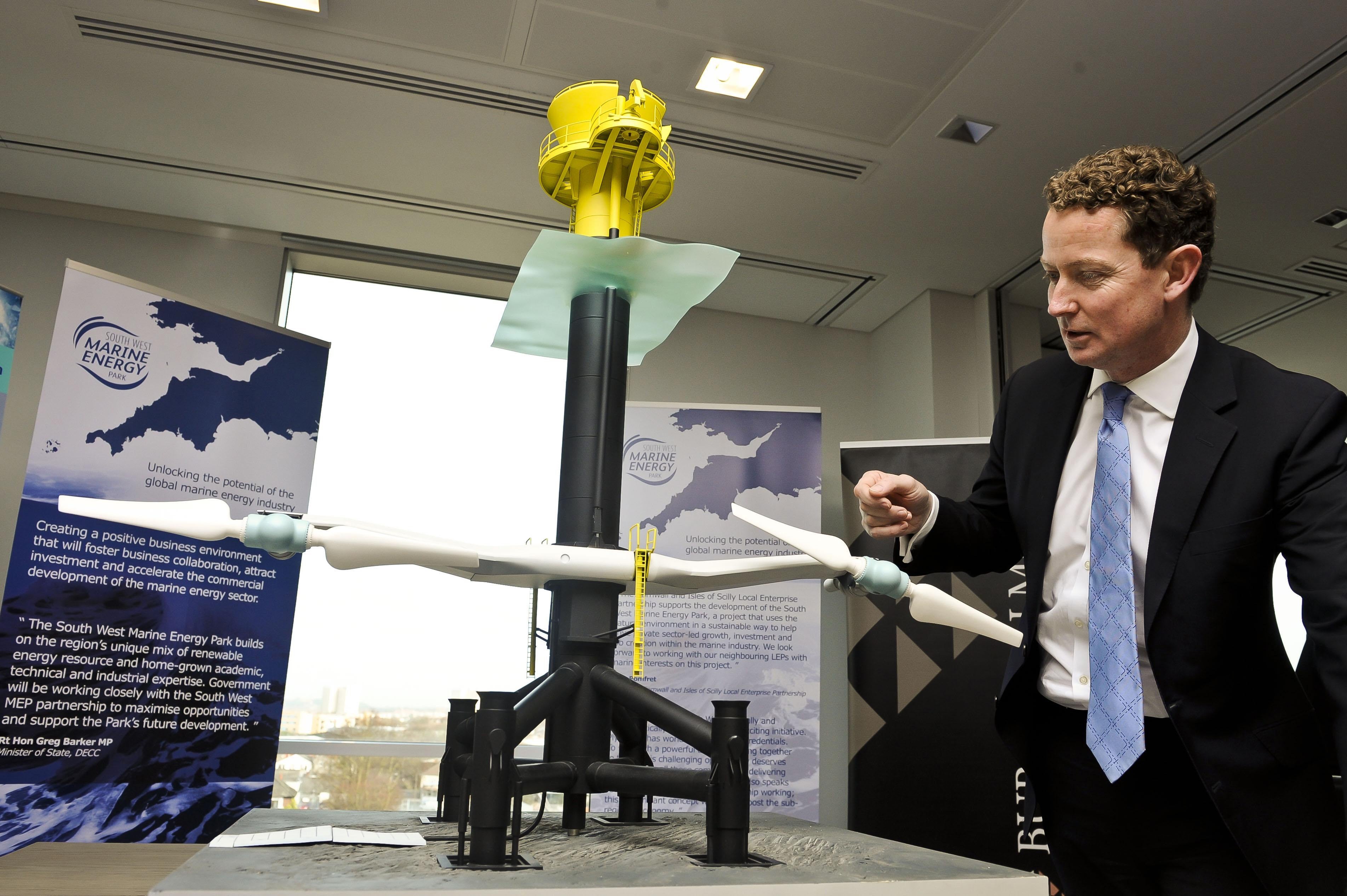Companies that do not go green ‘will become collateral damage of net zero’
Former energy minister Greg Barker said such firms could see their business models challenged.

Your support helps us to tell the story
From reproductive rights to climate change to Big Tech, The Independent is on the ground when the story is developing. Whether it's investigating the financials of Elon Musk's pro-Trump PAC or producing our latest documentary, 'The A Word', which shines a light on the American women fighting for reproductive rights, we know how important it is to parse out the facts from the messaging.
At such a critical moment in US history, we need reporters on the ground. Your donation allows us to keep sending journalists to speak to both sides of the story.
The Independent is trusted by Americans across the entire political spectrum. And unlike many other quality news outlets, we choose not to lock Americans out of our reporting and analysis with paywalls. We believe quality journalism should be available to everyone, paid for by those who can afford it.
Your support makes all the difference.Companies that are not able to ditch their fossil fuel habits do not have a future, a former energy minister has said.
Greg Barker, who is now the chairman of aluminium giant EN+, said companies that fall behind in the race to net zero would see their business models challenged.
“The idea that there won’t be any collateral damage in the economy is for the birds,” Lord Barker said on the sidelines of the Cop26 climate conference in Glasgow.
“If you are a high fossil fuel-dependent business with no real way of kicking that fossil fuel dependency, you don’t have a future.”
He said that polluters should be charged around 100 US dollars (£73) per tonne of carbon they emit in developed countries as part of a global price on carbon.
This would put pressure on businesses to slash their emissions.
“We need the World Bank the IMF (International Monetary Fund) and the WTO (World Trade Organisation) to come together to harmonise that. That doesn’t mean to say that they all have to be at the same price, you can differentiate between developed and developing economies.
“But there does need to be coordination, and it does need to be coherent.”
He suggested that while carbon prices would need to rise over the long term, Governments could cut import tariffs for green products much faster to a similar effect.
“What we could do now is zero-rate all green goods and services. Very few trade wars are started because people reduce their tariff walls.
“Whereas putting up something like the carbon border adjustment mechanism, or a new set of green tariffs requires primary legislation, which can often be controversial and get hijacked in parliaments or in the European Union.
“Invariably, just zero rating or suspending individual tariffs is something that governments or the Commission can do.
“And it’s pretty easy to do, pending a broader rearrangement of the architecture around green trade.”